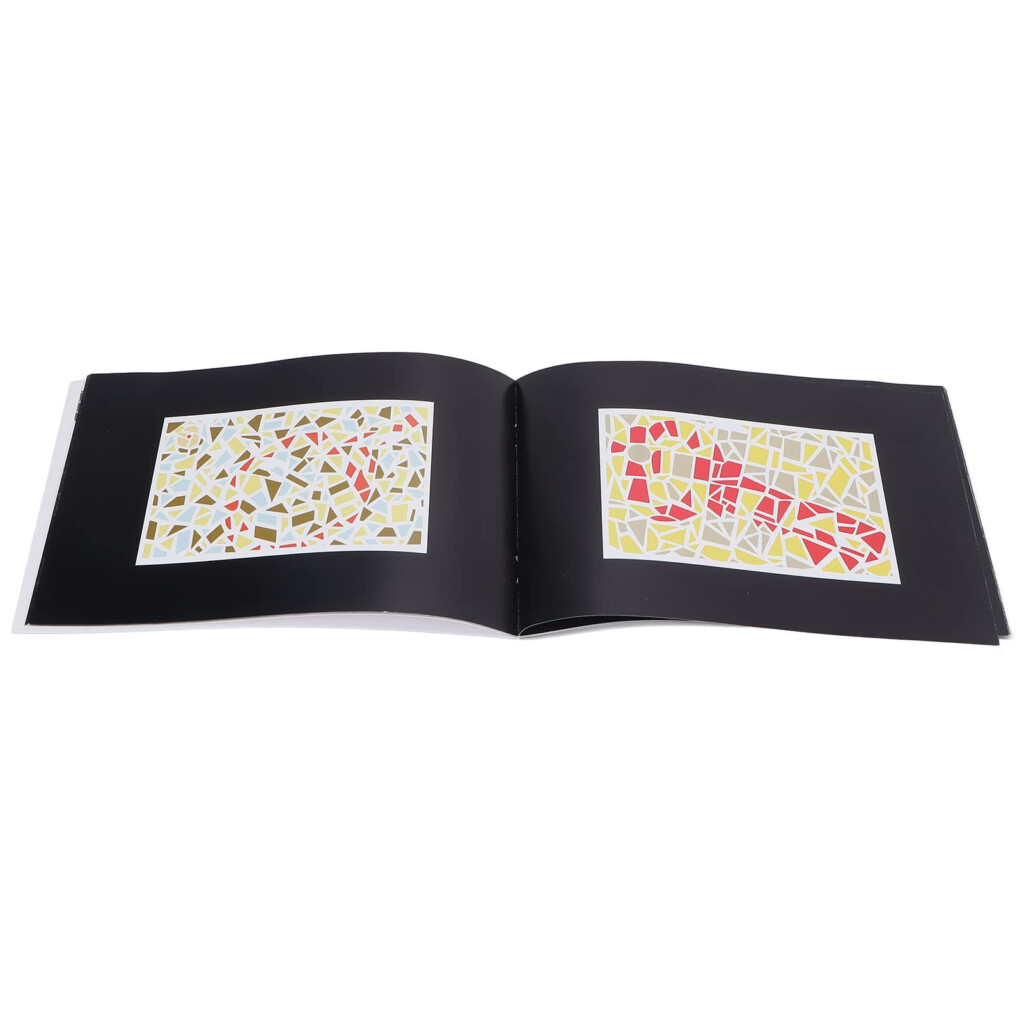Color blindness, also known as color vision deficiency, is a condition that affects a person’s ability to distinguish between different colors. It can impact daily activities such as driving, choosing clothing, and reading charts or graphs. Color blindness testing is crucial for early detection and appropriate management of the condition.
Color blindness test charts, such as the Ishihara test, are designed to assess an individual’s ability to differentiate between colors. These charts consist of numbers or patterns made up of colored dots. People with normal color vision can easily identify the hidden figures, while those with color blindness may struggle to see them.
Color Blindness Test Chart
Types of Color Blindness Test Charts
There are several types of color blindness test charts available, including the Ishihara test, the Farnsworth-Munsell 100 Hue Test, and the D-15 Test. Each test is designed to evaluate different aspects of color vision deficiency and can help determine the type and severity of color blindness a person may have.
Conclusion
Color blindness test charts play a vital role in diagnosing and managing color vision deficiency. Early detection can help individuals make necessary adjustments in their daily lives to accommodate their condition. If you suspect you or someone you know may have color blindness, it is important to consult an eye care professional for proper testing and guidance.
